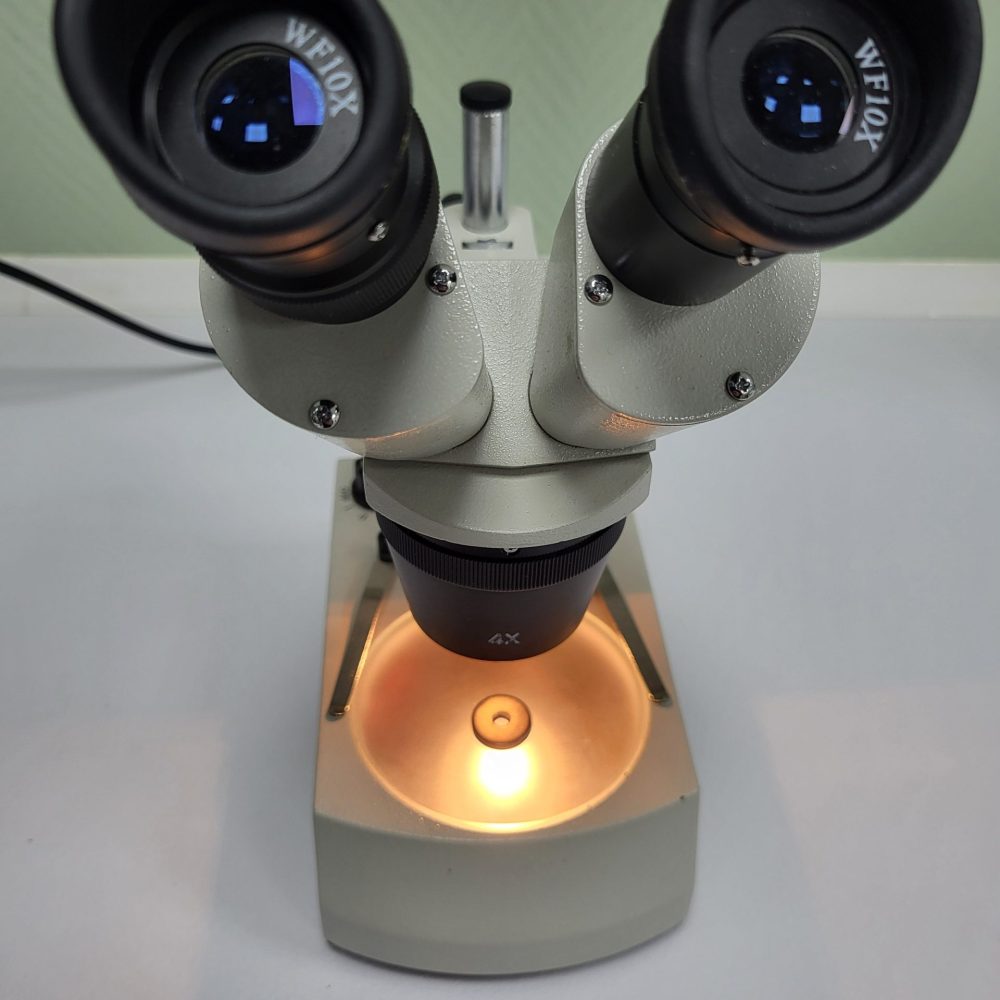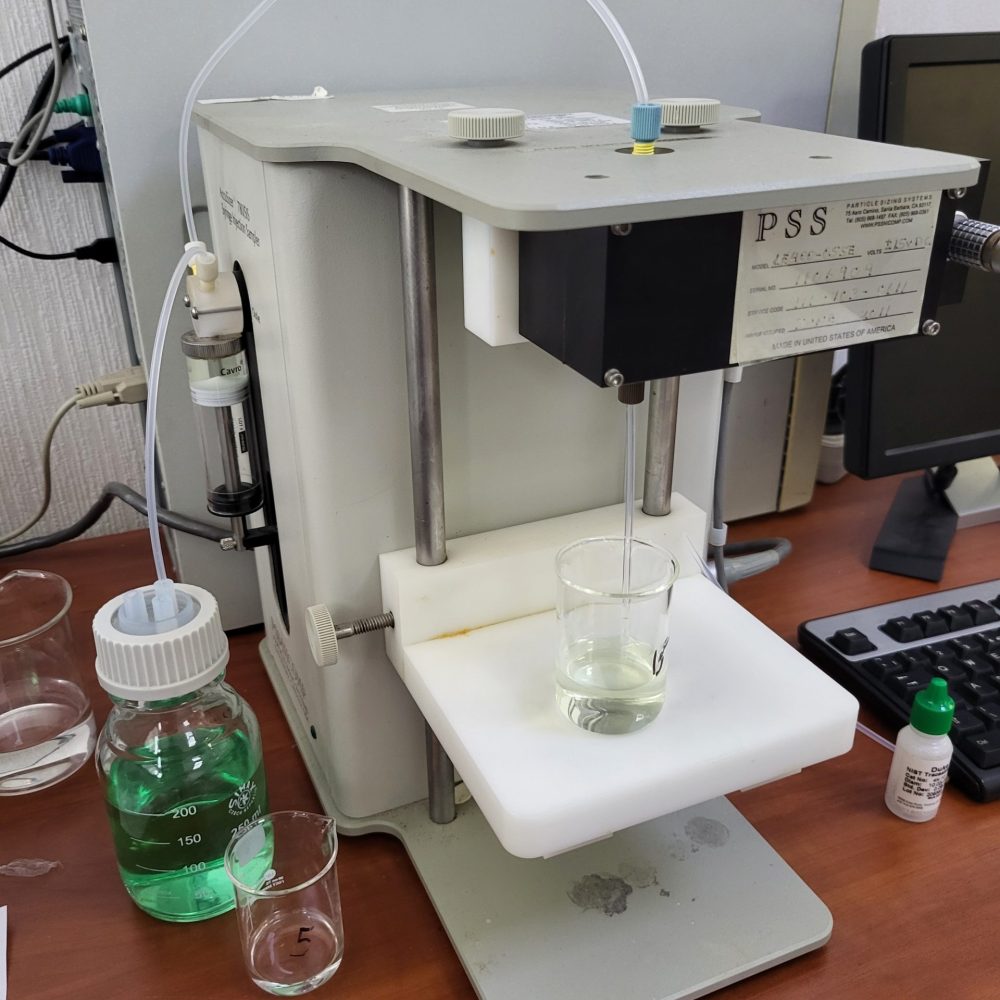
Novazii company providing services for the examination of colloidal systems and nanoparticles. The ability to analyze and characterize these systems is vital for advancing technology, ensuring product quality, and meeting regulatory requirements across various sectors, including pharmaceuticals, cosmetics, food and beverage, electronics, and materials science.
The analysis of colloidal systems is necessary for several key reasons, which span across scientific understanding, product development, quality control, and regulatory compliance.
Process Optimization: The manufacturing processes involving colloidal systems, such as emulsification, homogenization, or dispersion, require precise control over conditions to ensure product consistency and quality. Analyzing colloidal systems helps in optimizing these processes by providing insights into how various parameters (e.g., temperature, mixing speed, and concentrations) affect the final product.
Material Properties: In materials science, colloidal systems play a role in the development of new materials with unique properties, such as photonic crystals, aerogels, and nanocomposites. Analysis of these systems is necessary to understand how the arrangement and interactions of particles within the colloids influence material properties like strength, conductivity, and optical behavior.
Regulatory Compliance: For products intended for human use, such as food additives, pharmaceuticals, and personal care products, regulatory agencies require detailed characterization of colloidal systems to ensure they are safe and effective. This includes data on particle size, composition, purity, and potential toxicological effects.
Consumer Expectations: The texture, appearance, and sensory attributes of many consumer products, such as foods and cosmetics, are influenced by the properties of colloidal systems. Analyzing these systems helps in designing products that meet consumer expectations in terms of taste, appearance, and feel.
Innovation and Research: Understanding colloidal systems is fundamental to advancing scientific knowledge and technological innovation. Research in colloidal systems can lead to the development of new materials, drug delivery mechanisms, and industrial processes.
Applications
Pharmaceutical and Biomedical Industries
- Drug Delivery Systems: Optimizing nanoparticle carriers for targeted drug delivery, enhancing bioavailability, and reducing side effects.
- Vaccine Formulation: Analyzing adjuvant colloids for more effective and stable vaccines.
- Diagnostic Tools: Developing nanoparticles for imaging and diagnostic applications.
Cosmetics and Personal Care
- Product Stability and Performance: Ensuring the stability of emulsions and suspensions in creams, lotions, and other cosmetic products.
- Safety Assessment: Characterizing nanoparticles used in sunscreens and other products for regulatory compliance and safety.
Food and Beverage Industry
- Quality Control: Analyzing emulsions, foams, and suspensions to control the texture, stability, and appearance of food products.
- Innovation: Developing new food ingredients and additives with improved functionalities and health benefits.


Materials Science
- Nanomaterials Development: Characterizing the properties of nanoparticles for use in electronics, coatings, and advanced materials.
- Catalysts: Analyzing nanoparticle catalysts for chemical manufacturing processes.
Environmental Applications
- Pollution Remediation: Developing and characterizing nanoparticles for use in water and air purification systems.
- Sustainable Materials: Characterizing biodegradable colloidal systems for environmentally friendly packaging and products.
Electronics and Optics
- Nanoelectronics: Characterizing conductive nanoparticles for use in flexible electronics, displays, and sensors.
- Photonic Materials: Examining colloidal crystals and quantum dots for applications in lighting and optical devices.
Colloidal system testing, analysis, and characterization services encompass a range of techniques and methodologies aimed at understanding the properties and behavior of colloidal systems.
Particle Size Analysis: This involves measuring the sizes of particles in a colloid to understand their distribution, which can affect the stability, appearance, and performance of the product. Techniques such as dynamic light scattering (DLS), laser diffraction, and nanoparticle tracking analysis (NTA) are commonly used.
Zeta Potential Measurement: Zeta potential is a key indicator of the stability of colloidal dispersions. It measures the electrical charge on the particles, which can affect how they interact with each other. Electrophoretic light scattering (ELS) is a common method for measuring zeta potential.
Microscopy: Electron microscopy (both scanning and transmission) and atomic force microscopy (AFM) provide detailed images of the colloidal particles at the nanoscale, offering insights into shape, size distribution, and aggregation behavior.
Spectroscopy: Techniques such as UV-Vis spectroscopy and Fourier-transform infrared spectroscopy (FTIR) can be used to characterize the chemical composition and structure of the dispersed phase and the dispersion medium.
By offering a comprehensive range of testing, analysis, and characterization services, our company can assist clients in these and other fields to innovate, ensure product quality, and comply with regulatory standards.
Please feel free to contact us
Please feel free to contact us for further information on samples, analyses and applicable rates.

Spelling error report
The following text will be sent to our editors: